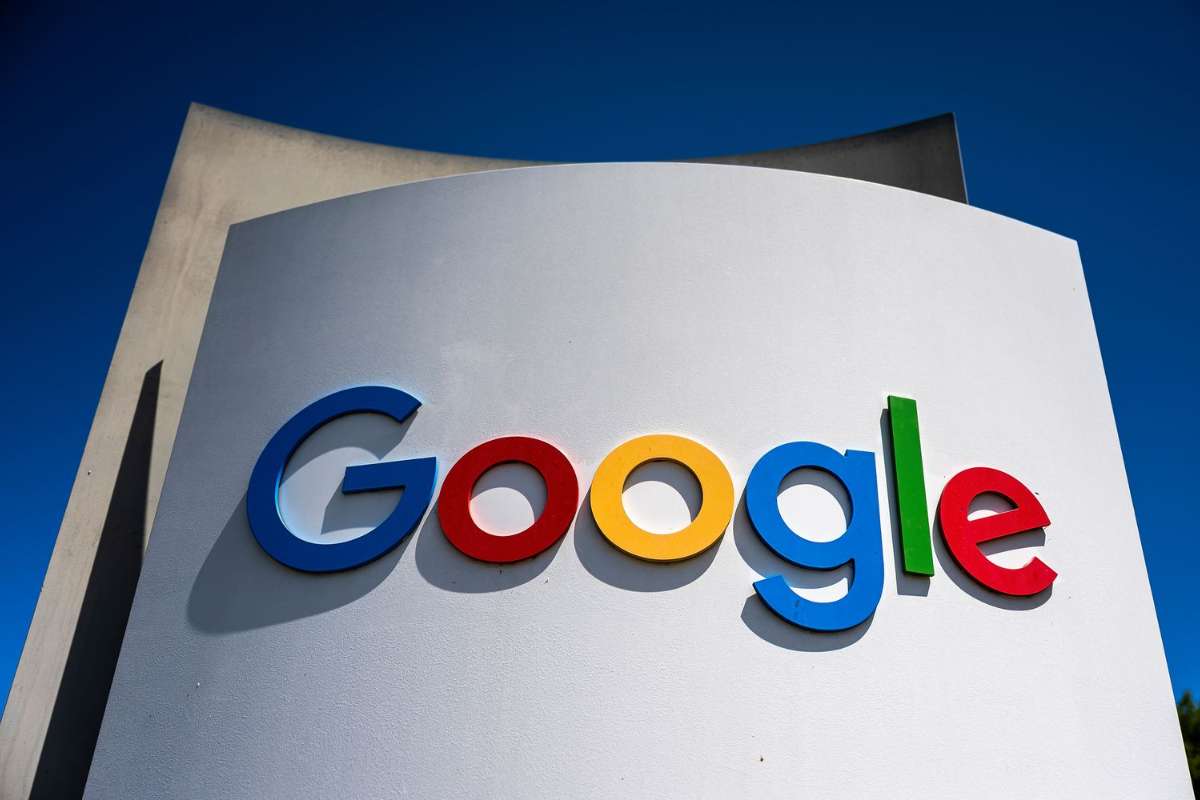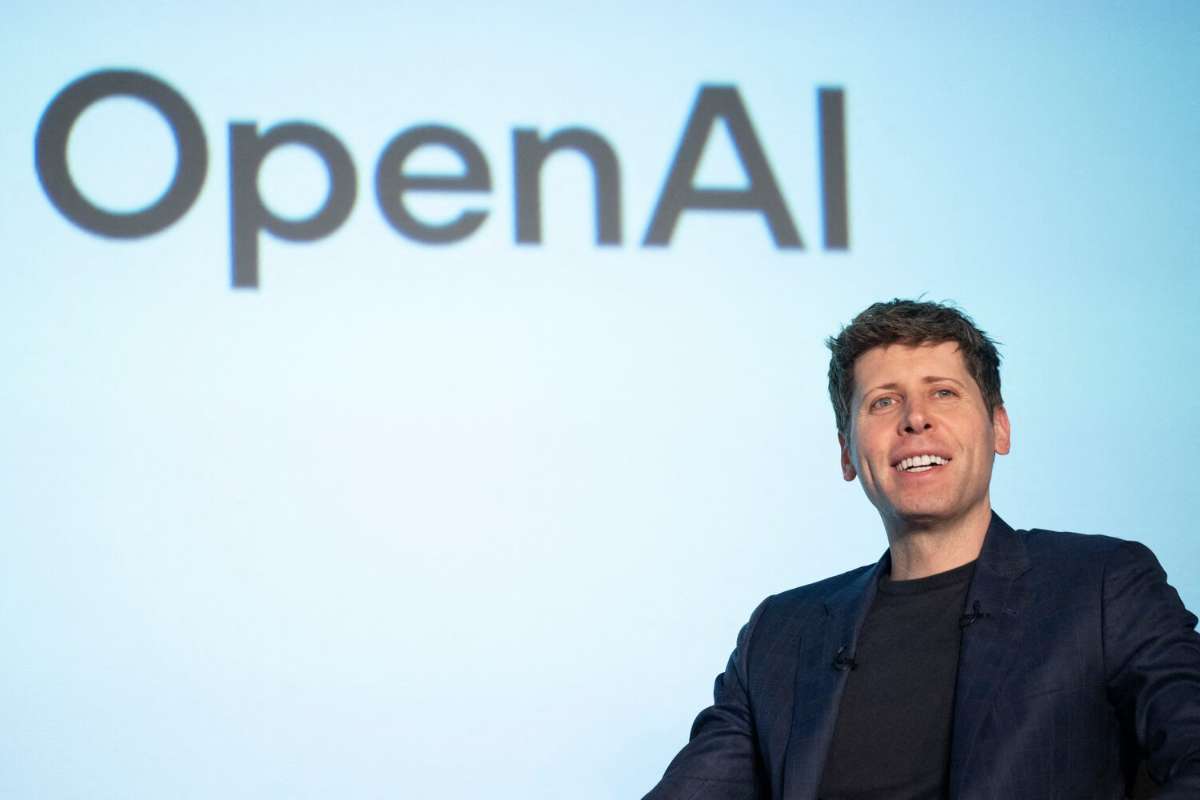Key Points:
- Google quarterly earnings reached $102.3 billion in Q3, marking a 16% year-over-year increase and beating analyst expectations.
- AI-powered growth drove double-digit gains across Google Search, YouTube ads, Google Cloud, and subscription services.
- Net income surged 33% to $35 billion, reflecting strong profitability and strategic investments in AI infrastructure.
Alphabet Inc., the parent company of Google, has achieved a historic milestone as Google quarterly earnings crossed the $100 billion mark for the first time. CEO Sundar Pichai hailed the achievement as a “terrific quarter,” attributing the record-breaking performance to the company’s deep integration of artificial intelligence (AI) across products and services.
Pichai emphasized that just five years ago, Google’s quarterly revenue stood at roughly half this amount, underscoring the rapid transformation of the company from a search engine and advertising leader into a full-scale AI-driven technology powerhouse. Calling it a “milestone quarter,” he stated that AI is now fueling growth across all major business segments, setting the stage for sustained innovation and profitability.
The company’s third-quarter results reflect broad-based momentum, with double-digit growth across advertising, cloud computing, and subscription services. Pichai also thanked employees for their contribution to this landmark moment, noting that Google’s technological foundation and focus on AI have positioned it “exceptionally well for the opportunities ahead.”
AI and Cloud Power Google’s Growth Surge
AI has emerged as the key growth engine behind Google quarterly earnings in its record-setting quarter. The company’s generative AI ecosystem, anchored by Gemini, its flagship AI model, saw massive adoption, crossing 650 million monthly active users, more than triple the figure reported in the previous quarter. These tools are now deeply embedded across Google Search, YouTube, Workspace, and Cloud services, enhancing both user experience and monetization potential.
Google Cloud also played a pivotal role, with its AI-enabled offerings driving the division’s backlog to $155 billion, marking a 46% jump from the previous quarter. The segment continues to benefit from enterprises adopting AI-powered analytics and data infrastructure at scale.
Meanwhile, YouTube’s strong performance further bolstered Alphabet’s top line. YouTube Shorts, the platform’s short-form video feature, is now generating more revenue per watch hour than traditional in-stream videos in the U.S. The platform’s recent NFL livestream broke concurrent viewer records, signaling the growing dominance of YouTube in both entertainment and live sports streaming.
In addition, Google’s subscription-based ecosystem, comprising Google One, YouTube Premium, and other paid services, crossed 300 million paid subscribers, strengthening the company’s recurring revenue stream and reducing dependency on ad-based income.
Strategic Focus and Market Outlook
Google quarterly earnings highlight a record-setting quarter that signals a decisive turning point in Alphabet’s evolution. Every major business segment delivered at least 10% year-over-year growth, reflecting the broad reach of AI integration across its portfolio. The company reaffirmed plans for continued investment in infrastructure, projecting capital expenditures of up to $93 billion in 2025, primarily directed toward data centers, AI chips, and cloud expansion.
Investor sentiment has been overwhelmingly positive, with Alphabet’s stock climbing sharply in after-hours trading following the announcement. Analysts view this milestone as a validation of the company’s long-term AI strategy and its capacity to convert research leadership into tangible commercial success.
While Google quarterly earnings reflect a major milestone, experts caution that challenges remain ahead, including regulatory scrutiny, competitive AI developments, and the need to maintain profitability amid heavy infrastructure spending. Despite these concerns, Alphabet’s $100 billion quarter marks not only a financial achievement but also a strategic inflection point, positioning the company at the forefront of the global AI revolution.
Sources:











